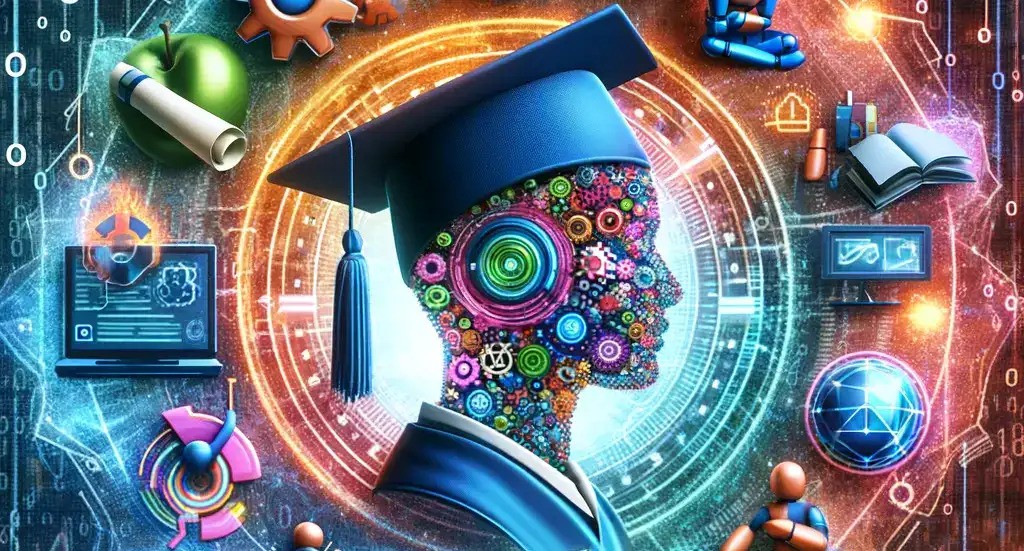In an age where artificial intelligence (AI) is rapidly evolving, a common question among prospective college students is: “What major should I choose that won’t be rendered obsolete by AI by the time I graduate?” This is a valid concern, given the pace at which AI is transforming industries and job roles. However, the answer isn’t straightforward and hinges on understanding how AI integrates into our world, rather than replaces us.
Embracing AI as a Tool, Not a Replacement
Firstly, it’s crucial to recognize that AI is a tool designed to augment human capabilities, not replace them entirely. The best career paths are those where AI serves as a companion to human skills and intuition, rather than a substitute. Therefore, selecting a major should involve considering fields where human creativity, emotional intelligence, and complex problem-solving are at the forefront.
Fields Where Human Expertise Remains Irreplaceable
1. Healthcare and Biomedical Fields
- AI is transforming healthcare, but the need for empathetic, skilled healthcare professionals remains high. Fields like nursing, therapy, mental health, and personalized medicine require a human touch that AI cannot replicate.
- Biomedical research, too, benefits from AI in data analysis but ultimately relies on human insight for breakthroughs and ethical considerations.
2. Creative Arts and Design
- While AI can assist in the creative process, the originality and emotional depth in fields like graphic design, music, literature, and performing arts are uniquely human traits.
- The appreciation of art and culture is deeply personal and subjective, an area where AI still lags far behind human understanding.
3. Environmental Science and Sustainability
- Tackling climate change and environmental conservation requires innovative thinking and a deep understanding of ecological systems, areas where AI can assist but not lead.
- Jobs in sustainable development, conservation, and environmental policy require a nuanced understanding of both science and societal needs.
4. Education and Human Development
- The field of education benefits from AI in personalized learning, but the role of a teacher in guiding, mentoring, and inspiring students is irreplaceable.
- Careers in human development, social work, and psychology emphasize emotional intelligence and interpersonal skills, areas where AI cannot compete.
5. Law and Ethics
- Legal professions require a deep understanding of justice, ethics, and human values, something AI is far from mastering.
- The interpretation of law and its application in complex human contexts is a distinctly human skill.
6. Entrepreneurship and Business Leadership
- While AI can analyze trends and provide insights, the entrepreneurial spirit, leadership, and strategic decision-making are inherently human attributes.
- Businesses will always need people for negotiation, relationship management, and visionary leadership.
Preparing for a Future with AI
Regardless of the chosen field, it’s beneficial to acquire some level of digital literacy and understanding of AI. This doesn’t mean becoming a tech expert, but rather developing an awareness of how AI impacts your field and how you can leverage it.
Conclusion
The future job market will be a symbiosis of human skills and AI capabilities. Choosing a major should not be about avoiding AI, but rather about finding a path where AI enhances your unique human skills. By focusing on areas where empathy, creativity, and complex decision-making are valued, students can prepare for careers that not only survive but thrive in the age of AI. Remember, it’s not about competing with AI, but coexisting and excelling alongside it.



